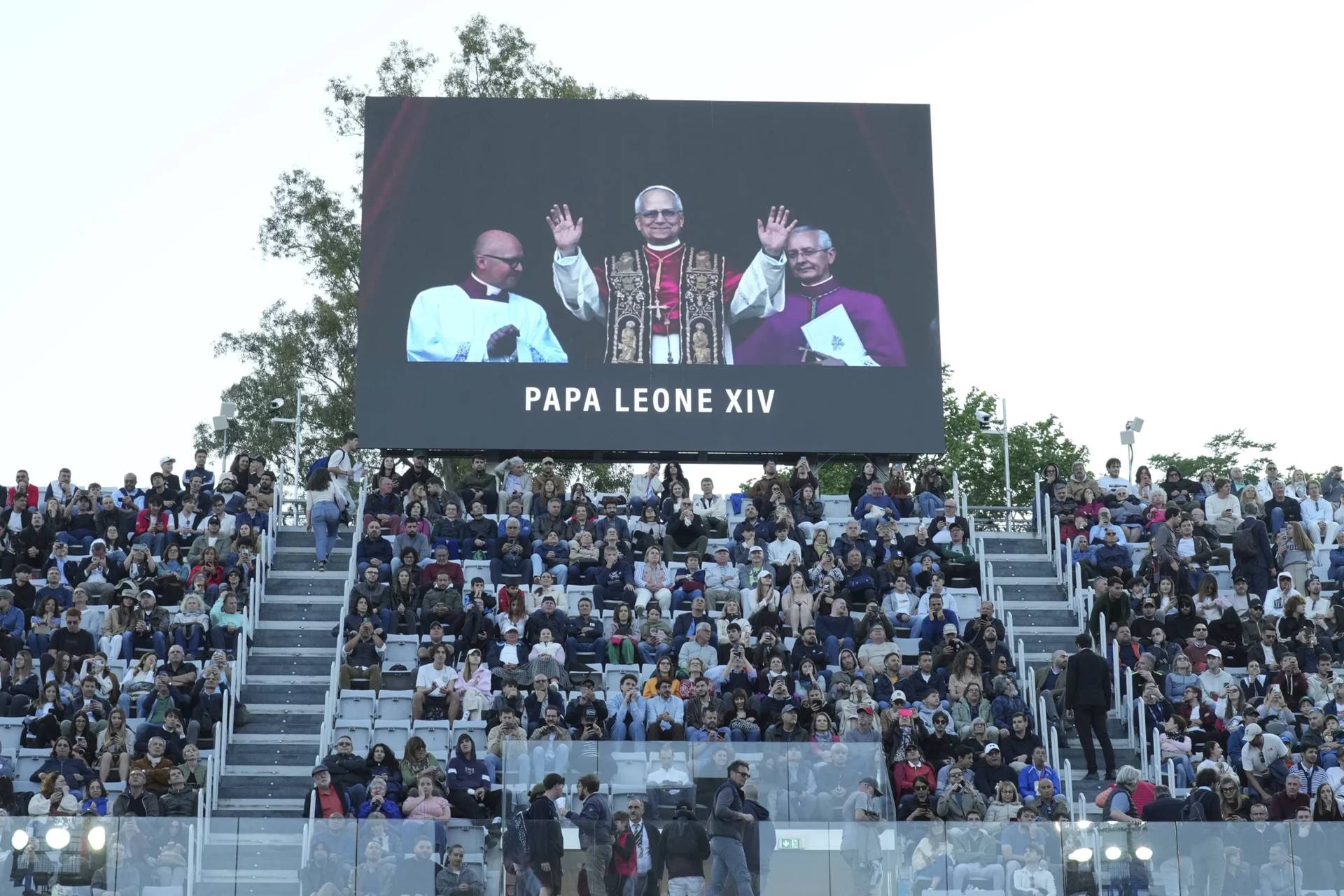ALBUQUERQUE, New Mexico — A U.S. bankruptcy judge has ruled that lawyers for clergy sex abuse survivors can file lawsuits alleging the Archdiocese of Santa Fe fraudulently transferred millions to avoid bigger payouts to victims.
The recent decision by Judge David T. Thuma in the Chapter 11 reorganization case opens the door to what could be a multimillion-dollar boon to hundreds of alleged victims, The Albuquerque Journal reports. Or it could set off protracted, costly legal appeals that would tap funds that could have paid valid abuse claims.
Lawyers for the 94 archdiocese parishes, several of which predate the archdiocese by many decades or even centuries, predicted at a court hearing in August that the “decimation” of certain parishes would result if the lawsuits into the transfers go forward.
Negotiations between the parties have stalled in the nearly 2-year-old bankruptcy case, which the archdiocese filed in late 2018 to deal with a surge of claims alleging childhood sexual abuse perpetrated by priests and other clergy. An estimated $52 million has been paid in out-of-court settlements to victims in prior years.
Attorney J. Ford Elsaesser told the Journal on Monday that the archdiocese is “disappointed and disagrees with the court’s decision.”
“We are reviewing all of our options, which may include an appeal.”
Attorneys for the 374 victim claimants filed a motion in June alleging the archdiocese improperly shielded assets in preparation for the bankruptcy filing.
Their motion alleges the archdiocese, the state’s largest, incorporated its parishes and transferred assets into trusts to “hinder, delay, or defraud” the claimants.
Lawyers for the archdiocese have said that wasn’t the intent and argued that permitting inquiry via lawsuits into the transfers would constitute an improper burden on the exercise of religion in violation of federal law.
The archdiocese contends that a decision to incorporate its parishes and set up trusts for the transfer of assets and property was part of a restructuring that began in late 2012. The transferred total was more than $150 million, Thuma’s ruling said.


















